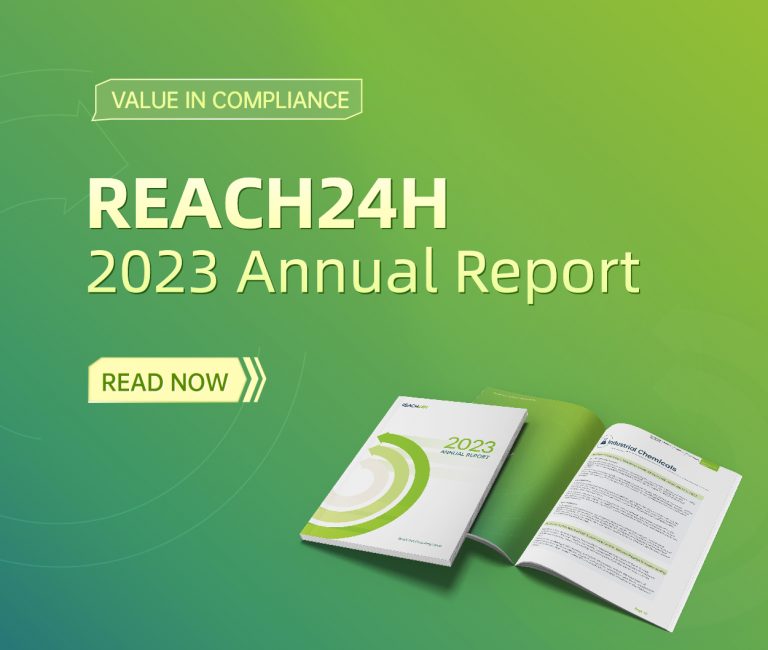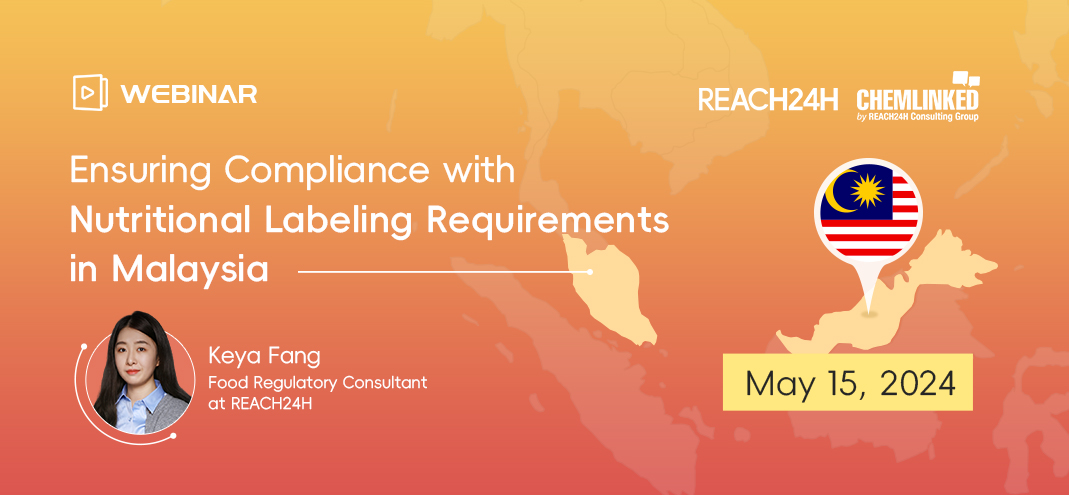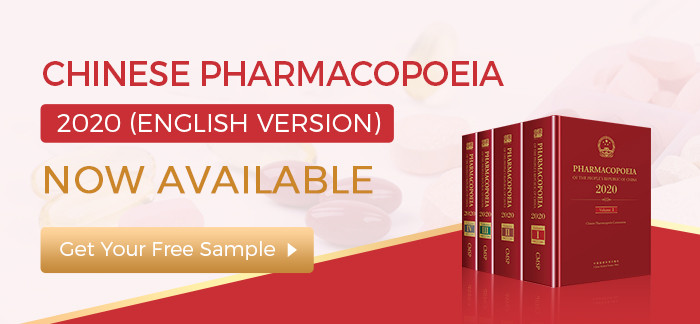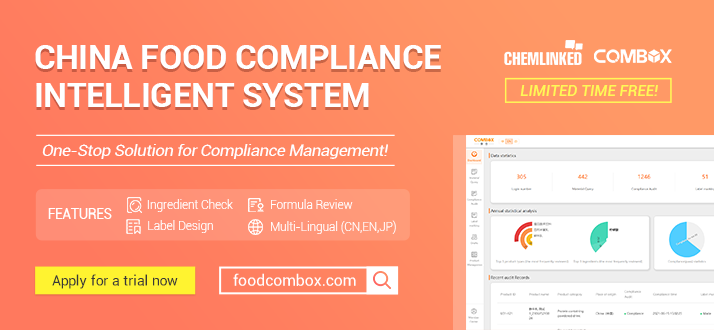When is the Good Time to Join CICO after Pre-registration?
According to Article 10 (3) of K-REACH, pre-registration and Late pre-registration are required in order to have access to a grace period –so long as enterprises manufacture or import more than one ton of existing chemical substances per year. For enterprises that wish to register the same substance, it is necessary to join CICO first and then establish a “consortium” to prepare for joint registration during the grace period.
In CICO, companies can play three roles: lead registrant, active Lead Registrant (LR), Active Member (AM) and Passive Member (PM) are the three roles in CICO, all bearing different responsibilities and burdens.
The LR is the leader of the joint-registration and the AM plays the role of main supporter for the LR. These two roles are jointly responsible for the operation of CICO, formulating cost sharing rules, preparing the registration dossier and paying the early data testing costs. PM are charged a higher fee when registering and can only register after the LR has completed registration because they neither participate in the CICO operation nor do they participate in the early investment stage.
The identity of the LR is also conducive to grasping the market’s position and understanding the trade situation of related substances in the Korean market to complete the registration as soon as possible. At the same time, the LR and AM can also get fair compensation when selling data at a later stage. This can help them recover part of the registration costs.
Enterprises should consider what role they wish to assume in the joint registration based on the market importance of the materials, annual sales, company size, and whether they hold data. For those interested in being a LR or AM, the sooner they join CICO, the better.
Companies should pay attention to the deadline for the first formal registration on December 31, 2021 for existing chemical substances with a tonnage of over 1000t/a and CMR substances with a tonnage of more than 1t/a.
Recommendations for Enterprises:
• The company should organize the pre-registration list and entrust the consulting company in a timely manner to devise the registration strategy and identify the substance list that needs to be registered before December 31, 2021 to avoid any omissions.
• For overseas companies it is very important to entrust a reliable OR for registration as OR under the Korean system cannot be exchanged once nominated.
• South Korea receives test reports issued by OECD-GLP laboratories. There are currently 18 officially designated laboratories in South Korea. Reports issued by OECD-GLP laboratories in other countries are also acceptable. Before registration, companies can sort out whether they have data reports available for registration in Korea.




